
THE PROBLEM
Plastic waste is a healthcare problem for you and our planet
plastic medicine bottles are produced every year.1
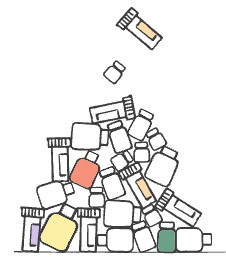
of them end up in our oceans, landfills, and air supply and break down into microplastics.2

An average person consumes 5 grams of microplastics every week—about the size of a credit card.3
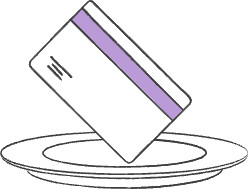
OUR MISSION
We built Cabinet Health to remove single-use plastic from medicine
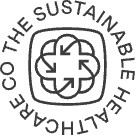
We’re climate optimists who approach sustainability through product innovation, partnerships, and shared research and development.

OUR IMPACT
Cabinet Health’s profits fund initiatives that work to improve the quality of healthcare—and the health of the environment.






Create a more sustainable medicine system
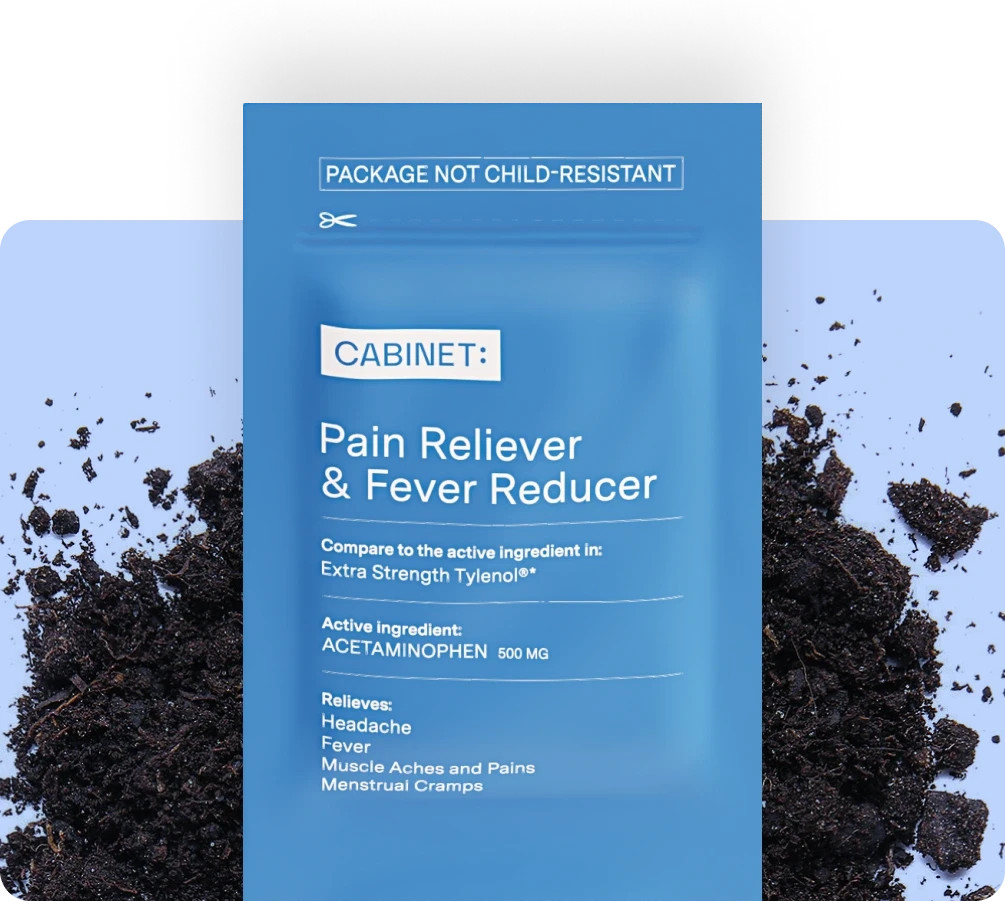
| Overview | Replacing plastic medicine bottles is no easy feat. Developing the world’s first application of compostable materials for OTC medicines involved dozens of design iterations, lots of legal acrobatics, and rigorous safety and stability testing. |
| Status | Started in Jan 2020, ongoing |
| Challenges | Regulation, sustainable material sourcing, costs, industry buy-in |
| Impact Areas | Plastic Reduction Environmental Regeneration |
Build an ethical & transparent supply chain
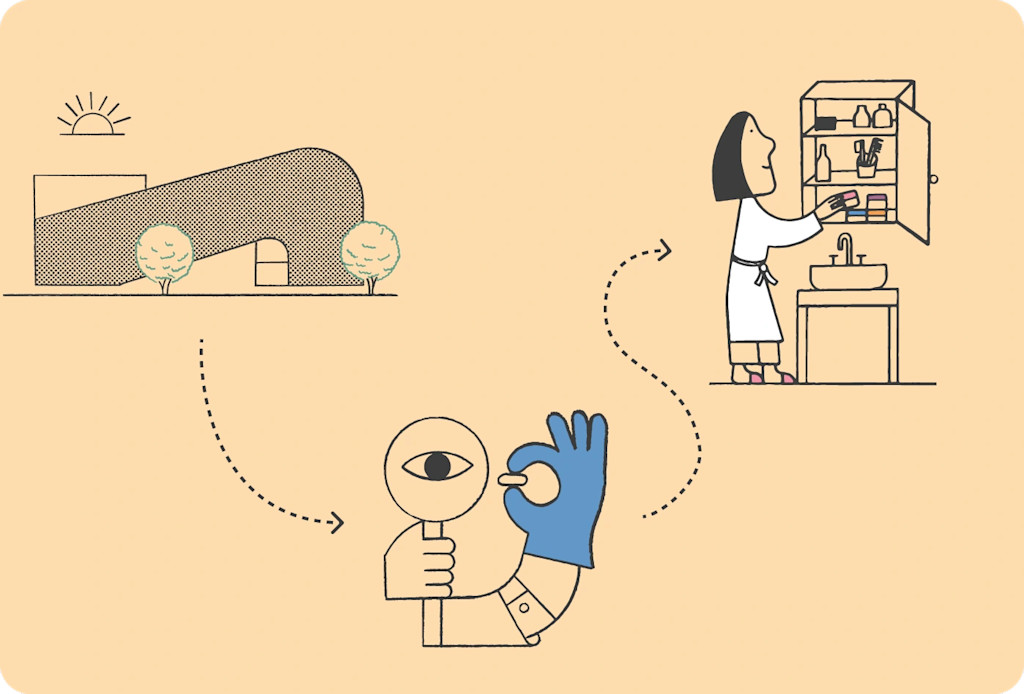
| Overview | From raw ingredients through teammates our supply chain is an open book. This project continuously improves and refines our supply chain. |
| Status | Started in 1969, ongoing |
| Challenges | Global logistics and transportation |
| Impact Areas | Transparency Personalized Care Carbon Emission Reduction |
Remove more plastic than we produce
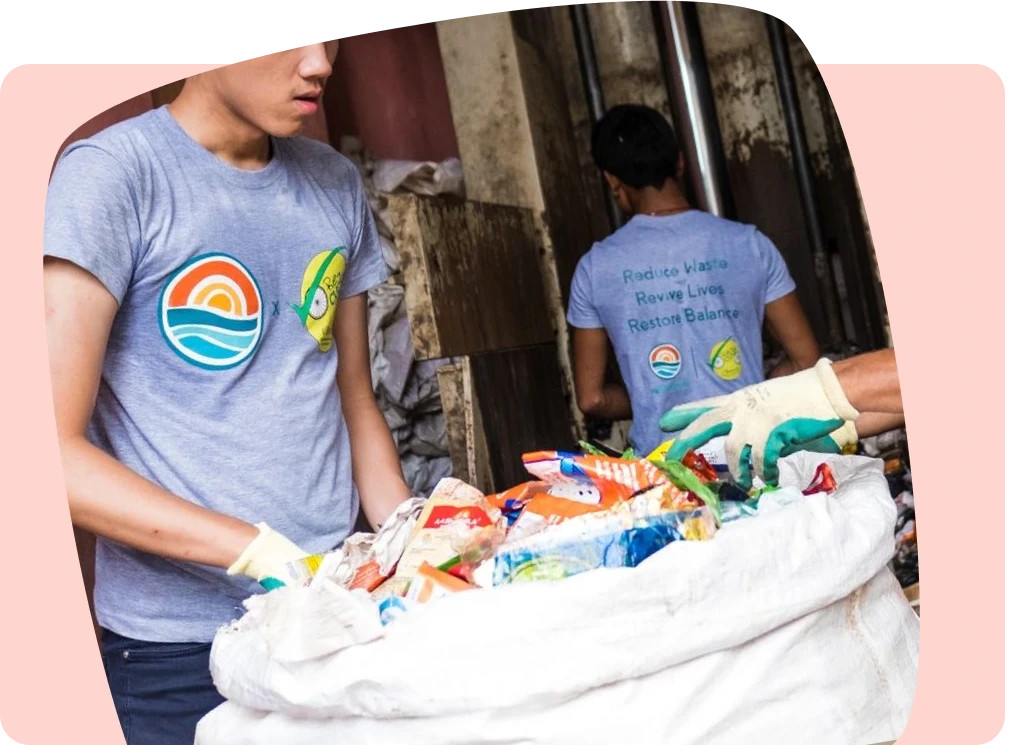
| Overview | Plastic offsetting is a proactive measure to remove plastic pollution from the environment. It works by calculating the weight of plastic produced by Cabinet, and then funding efforts that remove the equal and more plastic pollution from oceans. |
| Status | Started in 2020, ongoing |
| Challenges | Consumer education, sustainable materials |
| Impact Areas | Environmental Regeneration Plastic Reduction |
Neutralize unnecessary carbon emissions

| Overview | Carbon neutral shipping measures the amount of carbon created by vehicles and counters that impact with carbon sequestering activities such as planting trees. |
| Status | Started in 2020, ongoing |
| Challenges | Consumer education, sustainable materials |
| Impact Areas | Environmental Regeneration Carbon Emission Reduction |
We utilize the theory of change framework to measure, adapt, and resource our plans to achieve our social impact goals


References
1. Pharmaceutical Packaging Market Size, Share, Report [2020-2027]. www.fortunebusinessinsights.com. Accessed May 13, 2022. https://www.fortunebusinessinsights.com/pharmaceutical-packaging-market-102860
2. US EPA O. Plastics: Material-Specific Data. US EPA. Published September 12, 2017. https://www.epa.gov/facts-and-figures-about-materials-waste-and-recycling/plastics-material-specific-data#:~:text=While%20overall%20the%20amount%20of
3. Cox KD, Covernton GA, Davies HL, Dower JF, Juanes F, Dudas SE. Human Consumption of Microplastics. Environmental Science & Technology. 2019;53(12):7068-707
4. doi:10.1021/acs.est.9b015174. Edmond C. We know plastic pollution is bad – but how exactly is it linked to climate change? World Economic Forum. Published January 19, 2022. https://www.weforum.org/agenda/2022/01/plastic-pollution-climate-change-solution/#:~:text=In%202019%2C%20the%20CIEL%20estimated




